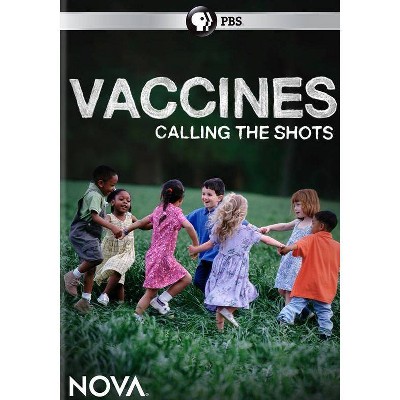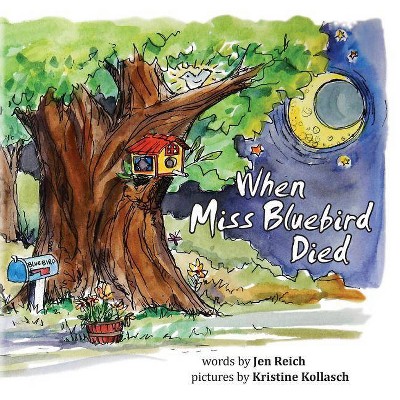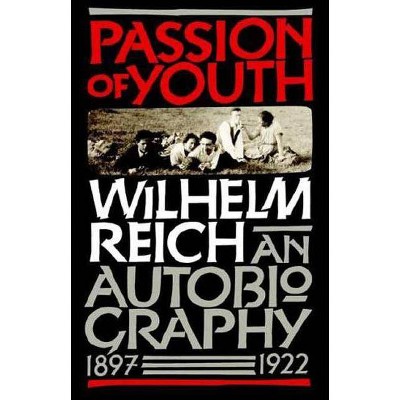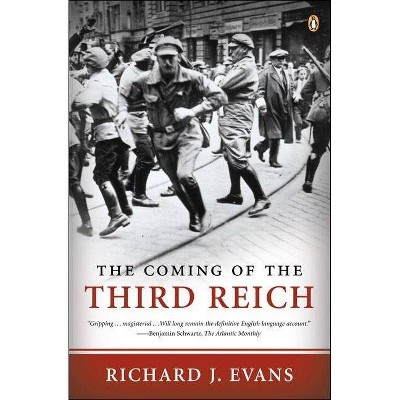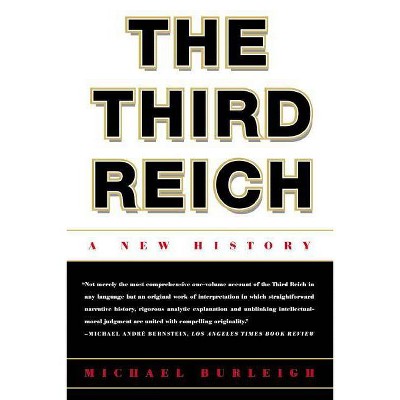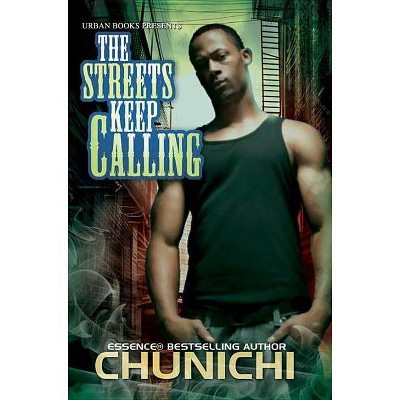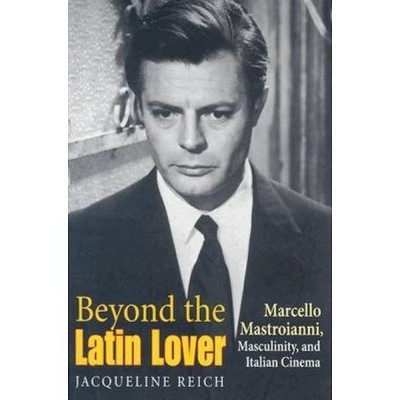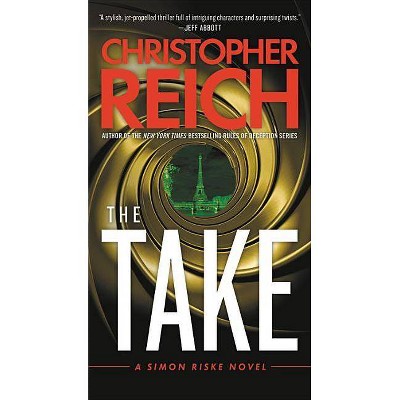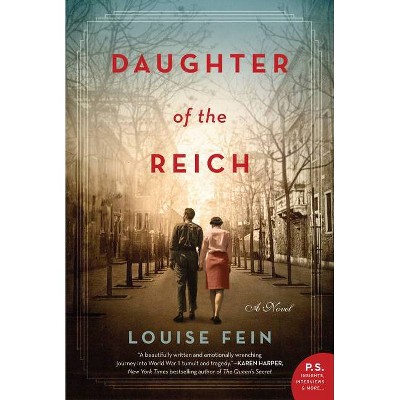Calling the Shots - by Jennifer A Reich (Paperback)
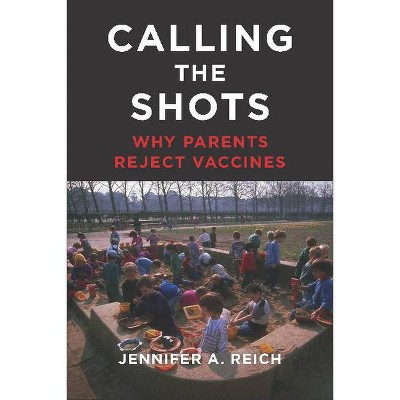
Similar Products
Products of same category from the store
AllProduct info
<p/><br></br><p><b> Book Synopsis </b></p></br></br><p>Winner, 2018 Donald W. Light Award for Applied Medical Sociology, American Sociological Association Medical Sociology Section <p/>Winner, 2018 Distinguished Scholarship Award presented by the Pacific Sociology Association <p/>Honorable Mention, 2017 ESS Mirra Komarovsky Book Award presented by the Eastern Sociological Society <p/>Outstanding Book Award for the Section on Altruism, Morality, and Social Solidarity presented by the American Sociological Association <p/><b>A rich, multi-faceted examination into the attitudes and beliefs of parents who choose not to immunize their children</b> <p/>The measles outbreak at Disneyland in December 2014 spread to a half-dozen U.S. states and sickened 147 people. It is just one recent incident that the medical community blames on the nation's falling vaccination rates. Still, many parents continue to claim that the risks that vaccines pose to their children are far greater than their benefits. Given the research and the unanimity of opinion within the medical community, many ask how such parents--who are most likely to be white, college educated, and with a family income over $75,000--could hold such beliefs. <p/>For over a decade, Jennifer Reich has been studying the phenomenon of vaccine refusal from the perspectives of parents who distrust vaccines and the corporations that make them, as well as the health care providers and policy makers who see them as essential to ensuring community health. Reich reveals how parents who opt out of vaccinations see their decision: what they fear, what they hope to control, and what they believe is in their child's best interest. Based on interviews with parents who fully reject vaccines as well as those who believe in "slow vax," or altering the number of and time between vaccinations, the author provides a fascinating account of these parents' points of view. <p/>Placing these stories in dialogue with those of pediatricians who see the devastation that can be caused by vaccine-preventable diseases and the policy makers who aim to create healthy communities, <i>Calling the Shots</i> offers a unique opportunity to understand the points of disagreement on what is best for children, communities, and public health, and the ways in which we can bridge these differences.</p><p/><br></br><p><b> Review Quotes </b></p></br></br><br>A timely intervention into recent anti-vaccination controversies, Jennifer Reich's Calling the Shots unpacks the logics behind vaccine refusal through interviews and ethnographic studies of parents who refuse vaccinations.--Science, Medicine, and Anthropology<br><br>Calling the Shots is intellectually rigorous and politically engaged scholarship of the highest quality. Jennifer Reich illuminates the attitudes, beliefs, and behaviors surrounding childhood immunization, one of the most important and contested public health policy issues of our day. Debates about vaccine refusal have too often been marked by over-simplification and unfounded assumptions, and Reichs thorough, meticulous analysis provides a much-needed corrective.-James Colgrove, author of State of Immunity: The Politics of Vaccination in Twentieth-- "Century America"<br><br>Calling the Shots treads confidently into the explosive terrain of vaccine refusal. In this must-read exploration of the burdens of modern mothering, Reich takes seriously the desires of mothers to make their own decisions to protect their children from risks. But she also shows how anti-vaccine stances by the privileged few may undermine the social compact and threaten the public good. This is a well-written, important, and very timely book.--Steven Epstein, author of Inclusion: The Politics of Difference in Medical Research<br><br>In her engaging book, Calling the Shots: Why Parents Reject Vaccines, Jennifer Reich focuses on this last group of privileged, vocal parents, a group with the potential to disrupt the balance of infectious disease control across the country. This exceptionally timely book also confronts the challenges posed by science skepticism amid a declining sense of public obligation and the increasing dictate that health is each familys personal responsibility.-- "Contemporary Sociology"<br><br>In this gripping book, Reich illumines the processes through which (mostly affluent) parents reject vaccines. The book impressively situates these anti-vaccine parents in a broader context. Reich carefully documents how a range of organizations including medical offices, drug companies, and child protective servicesare all players in this social drama. Reichs concept of & individualistic parenting is valuable. Since parents decisions can have dire consequences for other children, the book is not only interesting, but it is of enormous social significance.Highly recommended!--Annette Lareau, author of Unequal Childhoods: Class, Race, and Family Life<br><br>Jennifer Reichs new book, Calling the Shots: Why Parents Reject Vaccines, is an essential contribution to the story of vaccines in contemporary U.S. society that should make it impossible to tell such simple stories about vaccine resisters any longer.-- "American Journal of Sociology"<br><br>Recent outbreaks of preventable diseases such as measles and whooping cough are focusing attention on this issue, making Reich's able contribution especially pertinent.-- "Kirkus Reviews"<br><br>Risk is one of the operative words central to sociologist Jennifer Reichs remarkably calm book on current vaccination practices in North America. Risk is what parents, paediatricians and policymakers must evaluate in their roles as caregivers, primary-care doctors and advisers The group of parents Reich interviewed over a 10-year period that has informed this book are the university-educated ubermoms who favour organic food and have a tendency to avoid gluten and dairy productsThe doctors Reich interviewed recognise that some vaccination is better than none and that being patronising, bossy or confrontational is not in the best interest of the child or the wider community. It is a stance Reich shares.-- "Times Higher Education"<br><br>Several recent books have delved into the history and science of vaccines and immunity, and the anxieties that accompany them. Jennifer Reich ... brings meticulousness and sensitivity to this emotional issue. ... It is Reich's book that may prove the most convincing to anti-vaxxers.--New York Review of Books<br>
Price History
Price Archive shows prices from various stores, lets you see history and find the cheapest. There is no actual sale on the website. For all support, inquiry and suggestion messages communication@pricearchive.us
